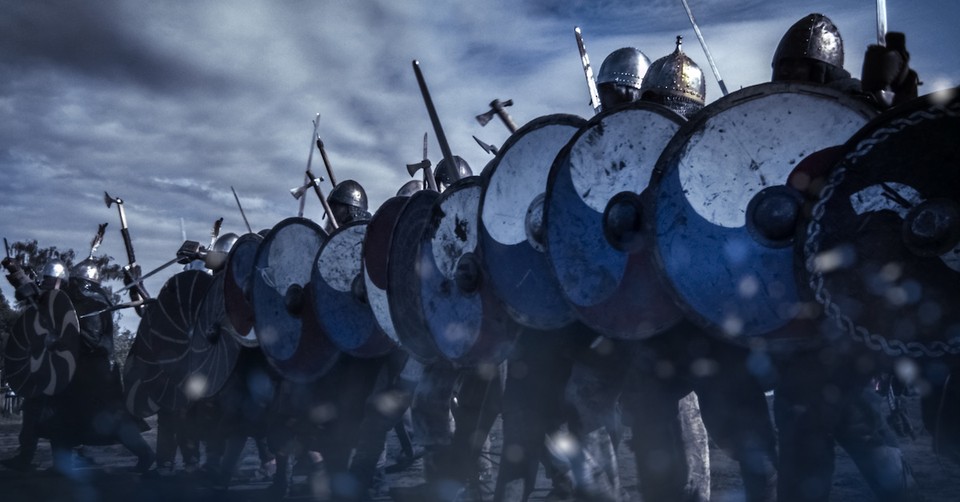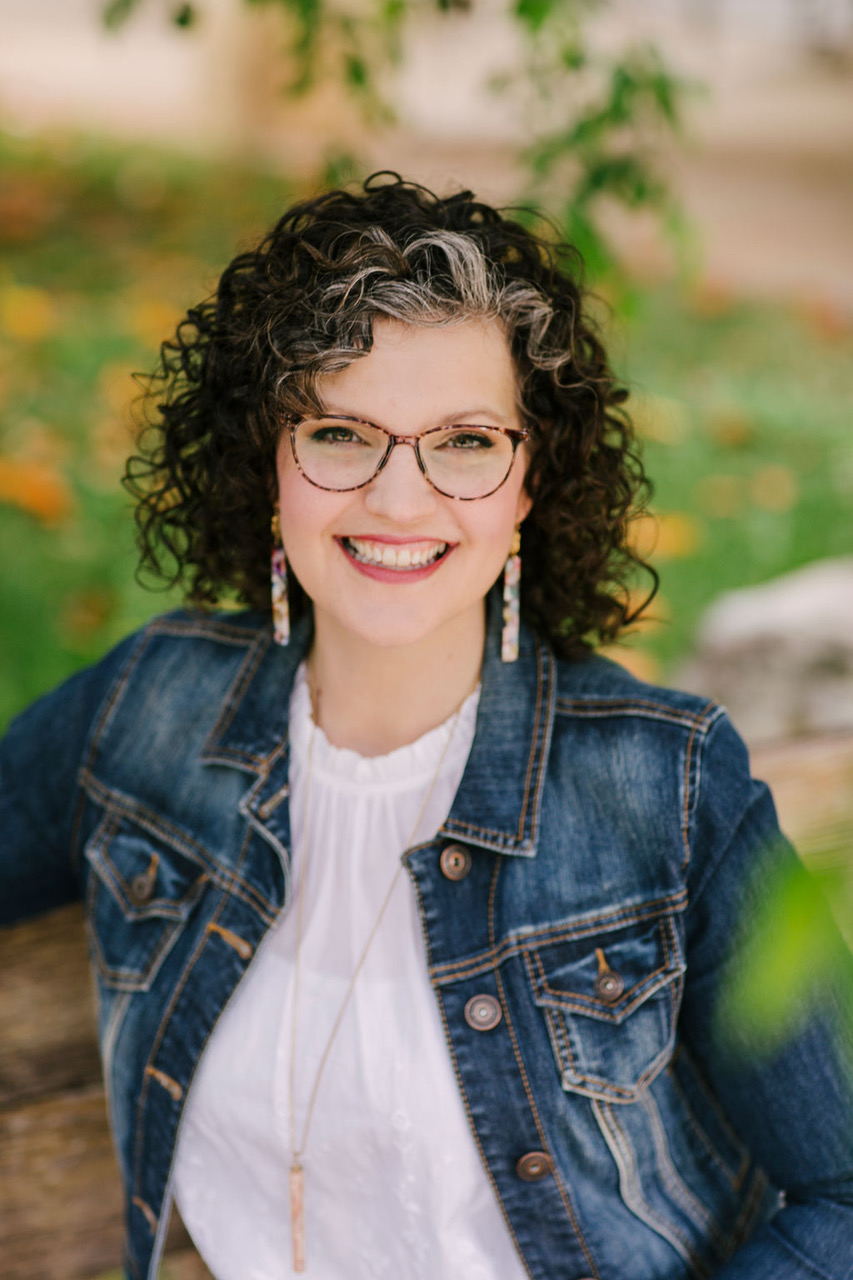What Does it Mean that 'The Battle Is Not Yours' in 2 Chronicles 20:15?

He said: “Listen, King Jehoshaphat and all who live in Judah and Jerusalem! This is what the LORD says to you: ‘Do not be afraid or discouraged because of this vast army. For the battle is not yours, but God’s. - 2 Chronicles 20:15
Dependence and deliverance seem to go hand in hand. It’s easy to read the Old Testament and only see God’s judgment on Israel’s wishy-washy ways in their commitment to him. Will they trust him, or won’t they? I see myself echoed in their ways of waiting until they are in distress to call out to him. But I also see the beauty of a heart faithful to the Lord in the hard times and in the good times. This is the kind of heart I try and cultivate in my own life. But it’s amazing how I can drift and soon feel like a small watercraft at the mercy of the wind and waves.
Throughout the Old Testament, I can see God’s heart for his people shine through. From the first few chapters of Genesis, we see his desire to deliver his people. He put in motion a plan to redeem mankind from choosing their own way instead of his. God’s heart for us is one of deliverance. He fights for us, but what does that mean? How can we rest knowing that the fight it God's battle and not our own?
The Context and Meaning of 2 Chronicles 20:15
2 Chronicles 20 details the amazing story of the Lord’s deliverance of his people. Enemies prepared to attack them by sneaking around Judah and Jerusalem. By the time Jehoshaphat, the king, and his people discovered this plot to attack, it was too late to muster the troops. This was during a time when the people’s hearts had turned back to faithful worship of the Lord. It wasn’t an attack based on judgment for hearts turned cold toward him. It was a malicious, enemy driven attack to conquer them.
In his alarm, Jehoshaphat resolved to inquire of the Lord and called a fast among all of Judah. The people came together to seek the Lord and then Jehoshaphat stood up and prayed. In this prayer, he listed all the ways God had proven himself faithful in the past and detailed God’s character. God is the ruler of all nations and holds power and might in his hand. He drove out these nations and gave the land to the descendants of Abraham, God’s friend. Whether calamity comes to them through judgment, plague, or famine, they will stand in the Lord’s presence and call out to him in their distress. God will hear them and save them. After this, Jehoshaphat presented their problem to the Lord. He rooted his prayer in the facts of the past and applied them to the facts of the present. He ended the prayer by admitting their lack of power and that their eyes were fixed upon the Lord.
As the Israelites stood there, God spoke through Jahaziel, son of Zechariah, a Levite. The Lord told them not to be afraid or discouraged in the face of the vast army because it’s God’s battle, not theirs. Then he told them where the enemy would be coming from and where to march. They were to take their positions, hold the line, and see the Lord’s deliverance. The Lord repeated to them not to be afraid or discouraged. They needed to remember that the Lord was with them. When the people heard God’s message, they fell down in worship. The Levites, Kohathites, and Korathites, stood and praised the Lord in a loud voice.
The next day, the people marched toward the enemy and the Lord set ambushes against their enemies. Praise and faith led the way to a battle they did not have to fight. The enemy destroyed each other while the men of Judah marched to the battlefield. When they arrived, they saw the dead bodies of their enemies. The fear of the Lord came upon all the kingdoms surrounding Judah and Jerusalem. God gave Jehoshaphat and the people of Judah rest on every side of his kingdom.
Why Is the Battle Not Ours to Fight?
The battle is not ours to fight because God wants to reveal his holiness, love, and power in our lives. We tend to trust what we can see more than what we can’t. Oftentimes, the battle that rages around us is a spiritual one. But a heart that’s submitted to the Lord in humble dependence and faithful obedience sees the victory.
Many times, we struggle to stand and wait before the Lord. We don our spiritual armor and think it’s up to us to run into battle. But Ephesians 6:13-14 tells us to put on the armor of God and then to stand. It’s when we realize that the battle is the Lord’s, and we stand before him with our eyes fixed on him that we see deliverance. The battles we face will be many, and each one’s intent is to destroy what God wants to do in our lives. The enemy of God prowls around seeking to isolate and destroy followers of Christ. But we have a warrior who fights for us when we pause to seek him. God in his gracious mercy tells us to prepare and then to trust in him to fight on our behalf.
All throughout Scripture we find evidence of God fighting our battles. He goes before us and he comes behind us. Because he is for us, no one can be against us. He parted the sea for Moses and his people, and he closed the sea over their enemies. He led the people into war to conquer the Promised Land, but it was because of God that they won. We are more than conquerors because the Lord fights our battles.
Lessons from 2 Chronicles 20 for Today
This passage from 2 Chronicles 20 teaches us several different things. One, it shows us that we can still be living righteously and face enemies that long to attack us. In our day and age, it might not be an actual people group wanting to conquer us. It could be any distraction or mindset that shifts our focus off of God. I’ve battled fear of rejection for years and if I’m not aware of it, it can control my perception of myself, others, and God. Most of us have hearts that long to live righteously, but we struggle with things that stand in our way. It might be old habits, thought patterns, or anything that runs contrary to God’s righteousness.
Second, we need to seek God. If our heart seeks him first when we face trouble, we’re more likely to receive the help we need when we need it. Seeking God first helps us keep him and his wonderful deeds at the forefront of our minds. Jehoshaphat didn’t start his prayer by telling God they needed help. He started his prayer with how big and mighty God has been. This gives honor to the Lord and reminds himself and his people of what God is capable of. Then he brought their troubles to the Lord. We can model our prayers for help after this one.
Third, we need to believe God. If the people hadn’t believed God, their outcomes would have been different. God gave three messages to his people. They had a choice to believe him or not. He told them incredulous things. The Lord told them not to be afraid or discouraged in the face of their enemies because the battle isn’t theirs, it’s God’s. Then he told them where they could find the enemy and that they were to march towards the army that outnumbered them. When they got there, instead of fighting, they were to take their position, hold it, and see their deliverance. Doesn’t that go against our nature to fight or to do something? But the people believed God and saw their deliverance. We can to when we believe.
Fourth, we need to tap into the power of praise in our lives. When did the Lord move on their behalf in 2 Chronicles 20? As they went out singing and praising. Praising the Lord reveals our faith and releases his power. When we praise the Lord with our voice, we remind ourselves of God’s amazing love and goodness. This lifts our eyes off of our situation and plants them securely on God. Our voices raised in praise helps us rest in him while he fights our battles.
The Battle Is God’s
The battle is not yours. . . it’s God’s. He wants to do a mighty work in your life as you seek him, believe him, and praise him. He is for you and not against you. He delights to deliver. Will you stand before him, seek his face, and then do what he says?
Photo credit: ©GettyImages/gorodenkoff

Originally published January 26, 2021.





